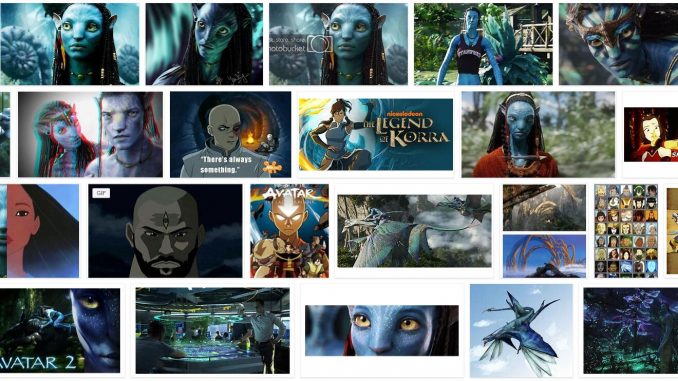
Avatar, from the point of view of the Hindu religion, is the bodily manifestation of a deity, especially – but not only – Visnú. The word, as such, comes from the Sanskrit avatâra, which means ‘descent or incarnation of a god’.
In this sense, Hinduism conceives the avatar as a divine being who descends to earth in the form of a person, animal or any other type of body, with the purpose of restoring the dharma, or divine law, and saving the world from disorder and the confusion generated by demons. Thus, the Visnu deity, for example, has had many avatars, and, according to Hindus, has suffered many incarnations.
On the other hand, in other religions this term is also used remembering the incarnations of other deities. In this sense, avatar is every spirit that occupies an earthly body, which is a divine manifestation on earth.
Hence, this term has been taken for the title Avatar (2009), which is a science fiction film written, produced and directed by James Cameron, where the characters, to get into the atmosphere of Pandora, must be introduced into an avatar ( the body of an indigena) to interact with the natives of the planet and convince them to exploit their natural and mineral resources.
An avatar is also a vicissitude or incident that hinders or hinders the development or the correct evolution of something. For example: “We are all subject to the vicissitudes of life.”
Finally, the word avatar is also used, figuratively, as a synonym for reincarnation or transformation.
Computer Avatar
In Computer science, as an avatar, the graphic representation is called which, in the field of internet and new communication technologies, is associated with a user for identification in the virtual world. Avatars can be photographs, drawings or even three-dimensional representations. As such, you can see avatars in video games, role-playing games, discussion forums, instant messaging and interaction platforms such as Twitter. Already in the 80s this name was used in a computer game.